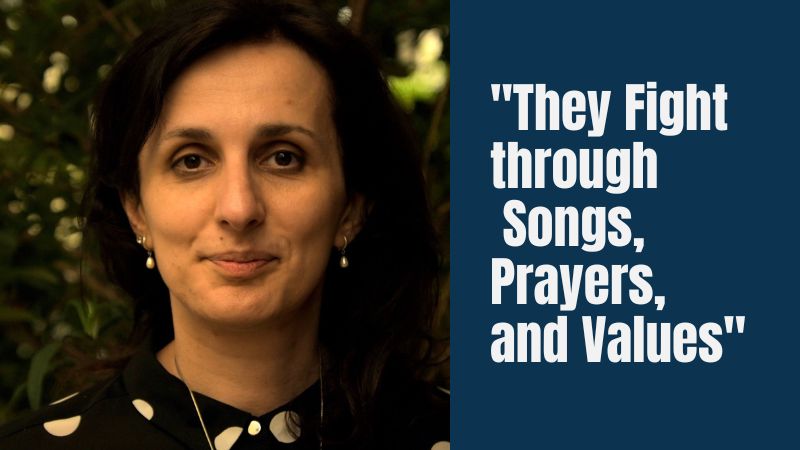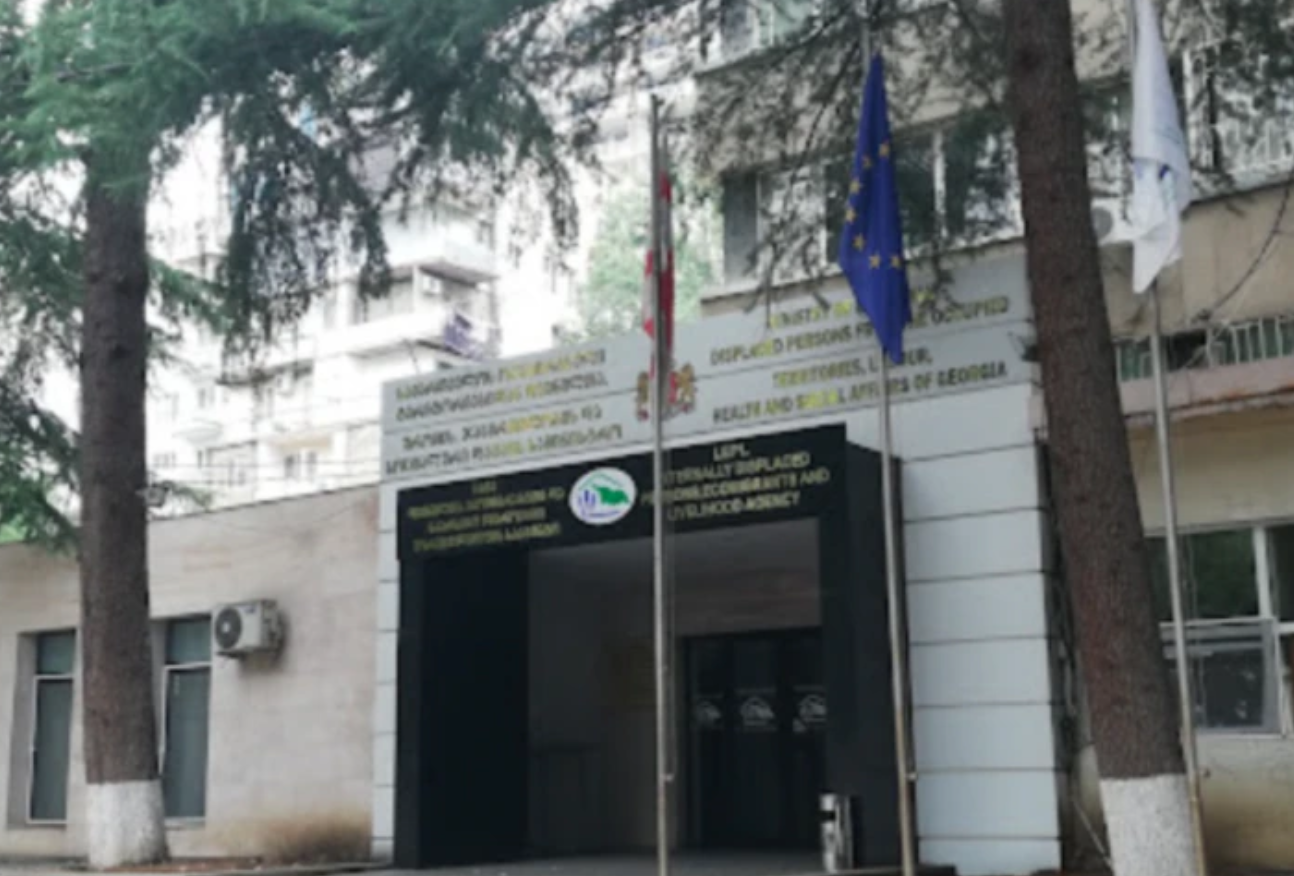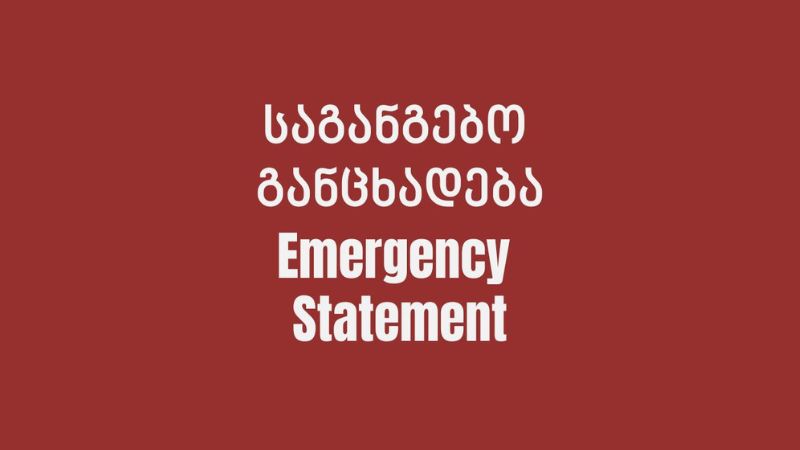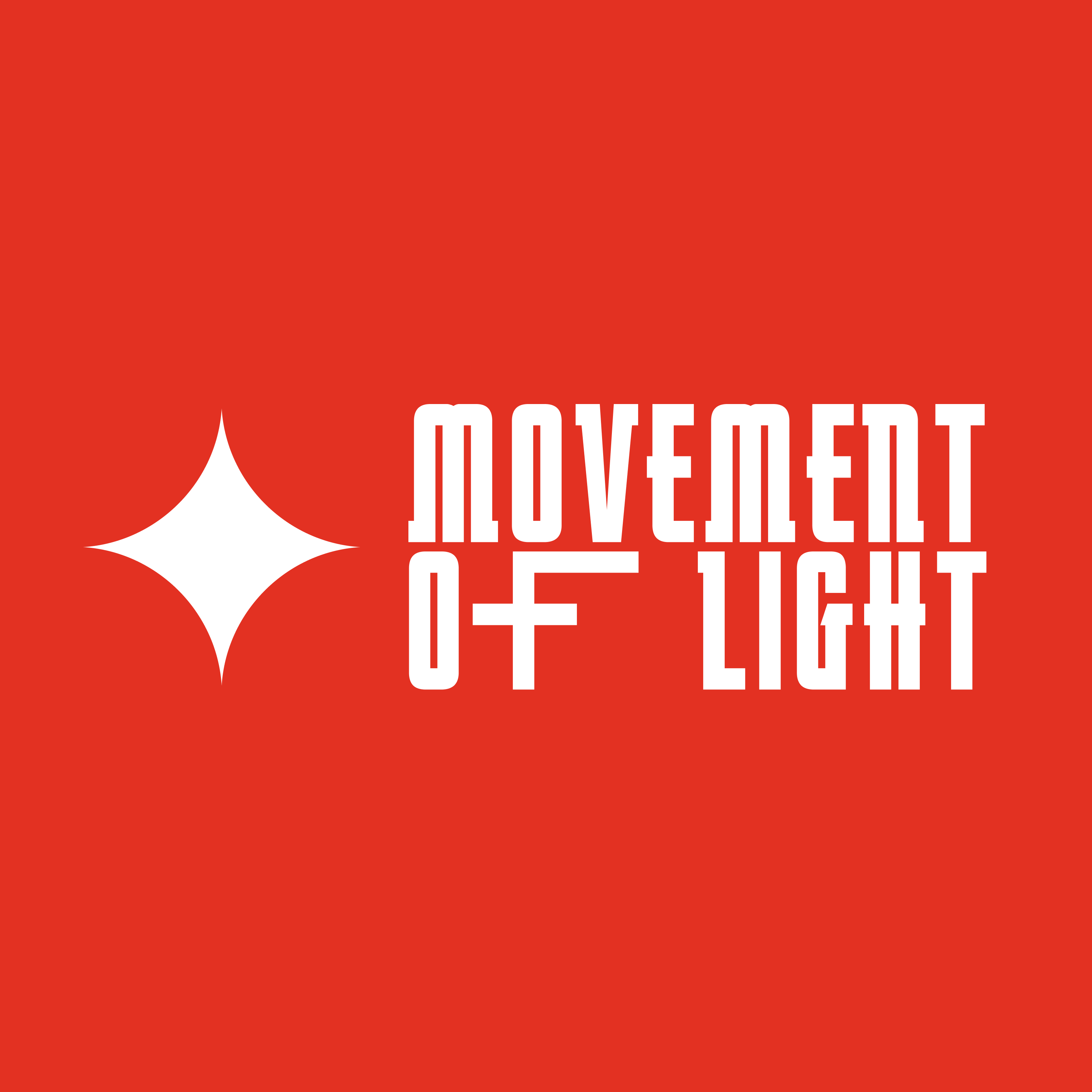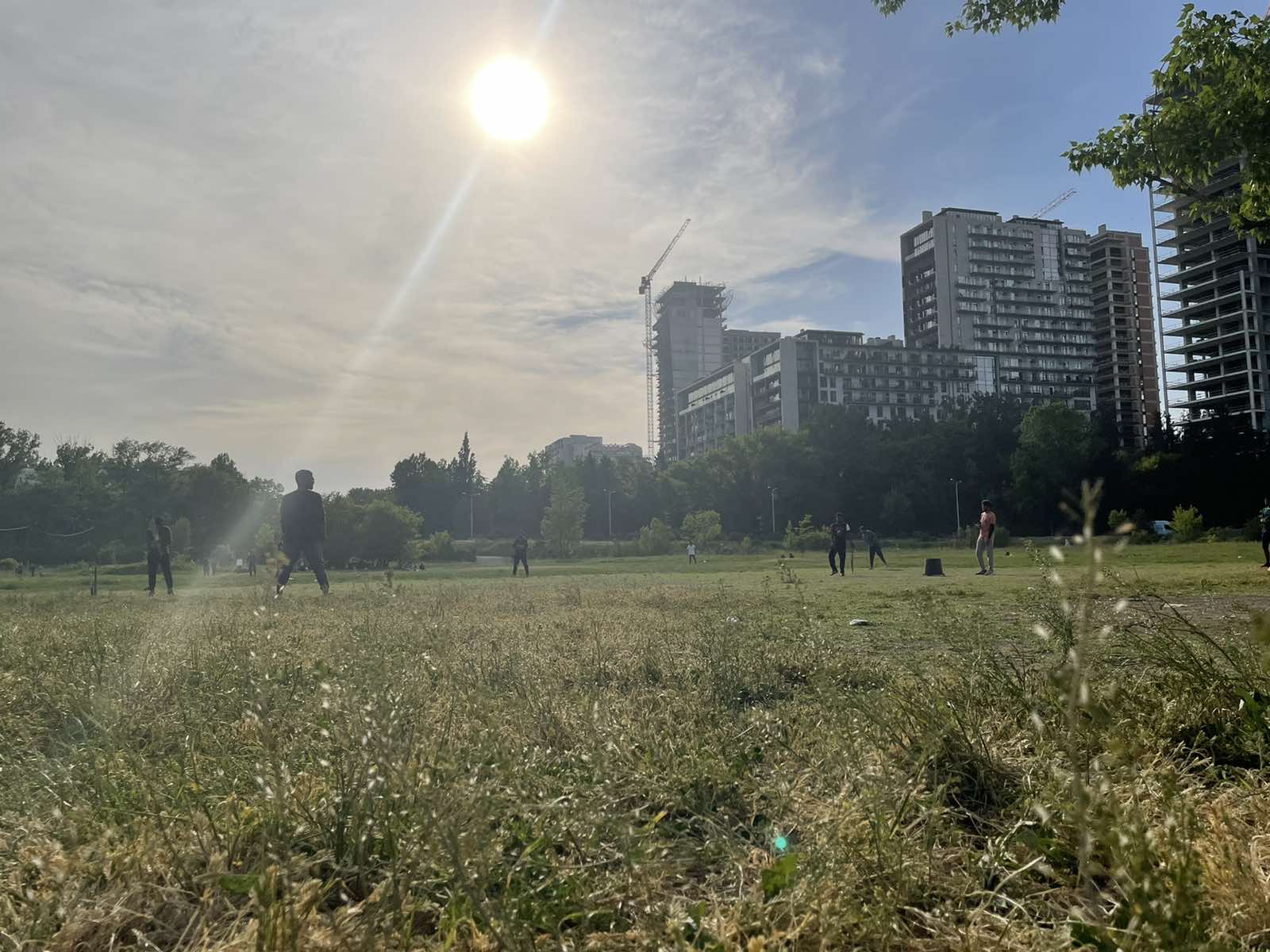Maisi.News continues conversations with religious leaders. This time, we spoke with Rusudan Gotsiridze, Bishop of the Evangelical-Baptist Church of Georgia. She discussed the essence of peace and the reasons why religious leaders from all major confessions in Georgia are involved in the ongoing protest.
“True peace is not about accepting injustice, but actively fighting for justice. Peace encompasses freedom, justice, and harmonious coexistence in society. Violence is an expression of weakness, while true strength is manifested in peaceful struggle for justice,” says Rusudan Gotsiridze.
1. What is your main message as a religious leader regarding the current events?
Today, religious and secular representatives of religions in our country have come out to express our position regarding the events unfolding in the country. This is not just a theoretical statement or another protest from the oppressed. We are talking about the terrible violence that the state employs – violence directed at violating human dignity, trampling underfoot freedom, hope for the future, and the idea of peace. I, as a minister and as a person, believe that religion cannot serve anything other than peace and virtue among people. That’s exactly why we stand here – to remind the state of their duty: to serve the future of young people and not torture them.
The main message of the march is “peace.” The latest statement from the Public Defender says that the majority of detainees show signs of physical torture. As a religious leader, what do you have to say to those who committed violence against detainees in the name of peace?
I want to start with the word “peace.” They have taken many precious words from us – “hope,” “dream,” however, we have already reclaimed the word “homeland” and I am confident we will also reclaim such a precious word as “peace,” which they have turned into a synonym for cowardice and acceptance of injustice. I, as a minister, now stand in the days before Christmas and should celebrate – neither more nor less than the birthday of the first Prince of Peace. I will not surrender the word “peace” to them. “Shalom,” which is spoken of in the Bible, encompasses justice, freedom, harmonious life with neighbors and the universe. This march is exactly for the tortured people who were tortured in the name of so-called cowardly “peace,” so we will reclaim from this government the word peace, hope, and our children’s future.
2. Again, please address those people who appear as perpetrators of violence today. What would you say to them as a religious leader, especially now, in the days before Christmas?
Would you take confession from a religious leader? I, as a minister, to tell you the truth, at this moment, when my children stand face to face with these executioners, I am not ready to talk to them. I would only tell them one thing – they themselves know best that they are protecting neither religion, nor homeland, nor anything precious. I might still doubt something, maybe they have some other “holy” intention, but they know better themselves. They stand on the side of violence, and violence is what the weakest person hides behind. A truly strong person stands on the side of the oppressed – these young boys and girls are the strongest, stronger than the most muscular, trained men in black masks. These thin boys and girls, who are wet and soaked from water cannons, standing against cars and robocops with raised flags and singing Georgia’s anthem – they are the real force. I am not ready to talk to those who brutally treat these young people. The only thing, if my word ever reaches them, I would tell them is “to give themselves a moment alone, look into their hearts – they know best where they stand and what they serve.”
3. What is your main message as a religious leader in today’s difficult situation?
Today we are facing a historic choice – either we allow them to continue violence and injustice in the name of peace, or we defend true peace, which is based on freedom and values. As a religious leader, I believe that God always stands on the side of justice. That’s exactly why our fight for peace is not only a civil duty but also a spiritual one.
Today, when I see these young people in the street, I see hope and faith in a better future in their eyes. They don’t fight with violence – they fight with songs, prayers, values. This is the real fight, where the weapon is not a fist, but faith in a better future.
We, as a society, stand at a crossroads. Peace is not just a word – it is action, choice, and responsibility. When we say we want peace, it means we take responsibility – to stand on the side of truth, protect the unjustly oppressed, be a voice for the voiceless.
As a religious leader and as a minister, I believe that this is our duty – not to allow them to continue violence in the name of peace, not to allow them to sow hatred in the name of love. True peace comes only through justice, and walking this path requires not only courage but also faith – faith that goodness ultimately always prevails.
Reporter: Koka Jakhutashvili
Note: After the elections, as local observer organizations obtained and evaluated evidences, documenting numerous violations, no democratic state recognizes the results of the 2024 parliamentary elections. Accordingly, the de facto government of Georgia was referred to as the “Georgian Dream” political party. On December 20, following the final assessment published by OSCE/ODIHR, which discusses severe and systemic violations of electoral legislation and principles, the Parliamentary Assembly of the Council of Europe refers to “Georgian Dream” as the “de facto government”.
Meanwhile, authoritative international organizations such as Human Rights Watch and Amnesty International speak about documented cases of violence and torture against peaceful protest participants: since November 29, more than 460 people have been detained, of whom approximately 300 show signs of violence. Mass protests began on November 29, after “Georgian Dream” announced the suspension of the EU integration process until 2028.
